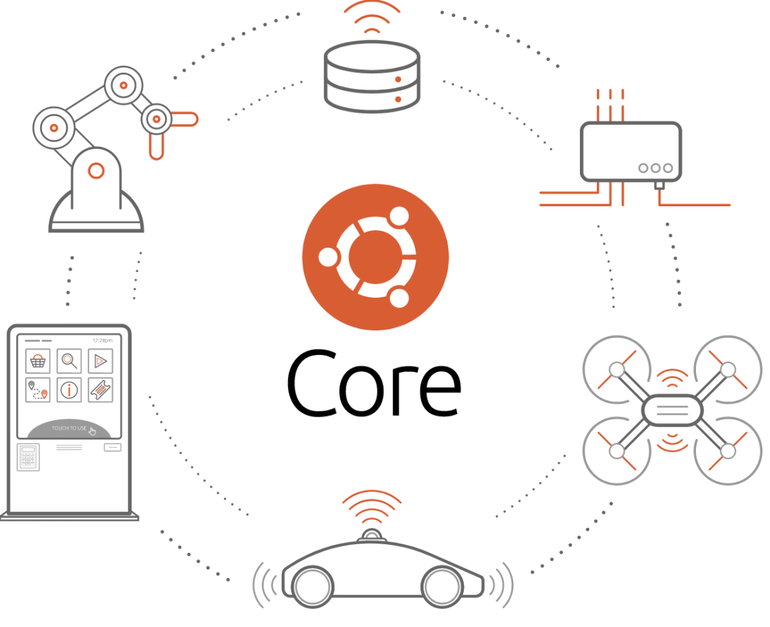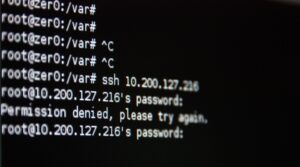Now generally available, the containerized version of Ubuntu 20.04 LTS brings secure boot, full drive encryption, and secure recovery to tens of thousands of industry and consumer devices.

Image: Canonical
Ubuntu publisher Canonical has announced the general availability of Ubuntu Core 20, the containerized version of its popular Linux flavor built for IoT and embedded systems. Canonical describes this as a major release, and it brings Ubuntu Core in line with Ubuntu’s 20.04 release that came early in 2020.
Available and certified for both x86 and ARM single board computers, Ubuntu core is used, according to Canonical, on “Tens of thousands of industrial and consumer IoT devices run Ubuntu Core, brought to market by Bosch Rexroth, Dell, ABB, Rigado, Plus One Robotics, Jabil, and more.”
The major features of Ubuntu Core 20 center around security for IoT and edge devices, with new features such as secure boot, full disk encryption, and secure device recovery being added alongside the usual updates and OS improvements that come with a major release.
SEE: Linux service control commands (TechRepublic Premium)
Security is a major concern for the types of machines developed on Core-certified hardware; their distance from businesses, physical security, and attack surface, among other concerns, leave IoT devices ripe for hacking, reprogramming, and data theft. That doesn’t mean edge computing will stop being the future for business, leading to a critical juncture of security and practicality that Ubuntu Core 20 is designed to address.
“As apps move to the edge, the value of data in remote locations increases. Ubuntu Core 20 adds secure boot with hardware-backed full disk encryption to guarantee confidentiality from physical attackers,” said Ubuntu Core project manager Galem Kayo.
In a breakdown of how Ubuntu Core 20 enhances security, Canonical listed existing features like unattended updates, a minimal attack surface thanks to containerization, and a lack of unnecessary base Ubuntu apps alongside the new features added in Core 20.
SEE: Git guide for IT pros (free PDF) (TechRepublic)
Apps are a thread that runs through the Core 20 announcement as well. Apps in Ubuntu Core exist as snaps, which are self-containerized sandboxed apps originally developed by Canonical for IoT devices. Because of the nature of IoT devices, snaps are a core part of Ubuntu Core’s design. The Snap package manager is available on non-Ubuntu Core devices and for non-Core apps, but its design as a repository for packaged, containerized software remains the same, making it a key part of installing necessary software on IoT and edge devices.
“Every connected device needs guaranteed platform security and an app store. Ubuntu Core 20 enables innovators to create highly secure things and focus entirely on their own unique features and apps, with confinement and security updates built into the operating system,” said Canonical CEO Mark Shuttleworth.
IoT product designers, developers, and anyone else interested in learning about Ubuntu Core and the features of the new Core 20 release should visit Canonical’s site to sign up for an upcoming February 24 webinar.
Also see
Source of Article



